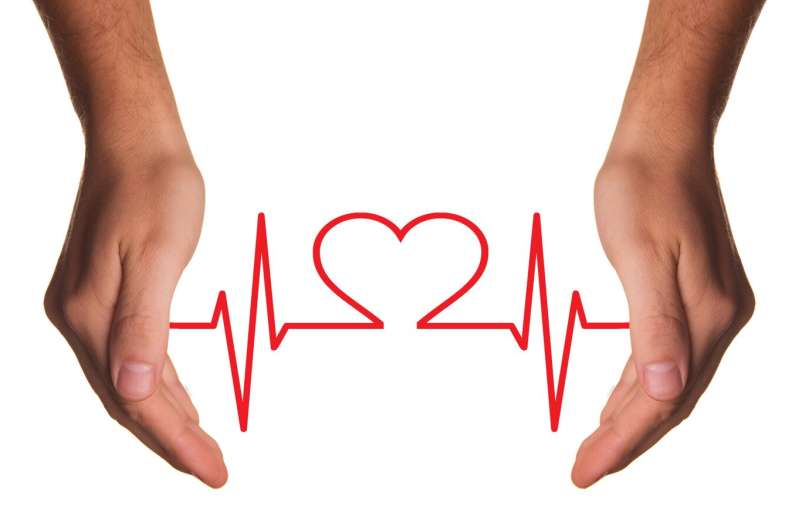Enhancing Brain Health in Aging Through Physical Activity

Regular physical activity, including activities like brisk walking, water aerobics, or light jogging, has been shown to significantly improve brain health in older adults. A recent study conducted by the University of South Australia, in collaboration with the AdventHealth Research Institute of the US, highlights that engaging in moderate-to-vigorous exercise can lead to notable enhancements in cognitive functions such as processing speed, working memory, and executive functioning.
The research examined data from 585 older adults aged 65 to 80 years, analyzing how different daily behaviors—sleep, sedentary time, light activity, and higher-intensity exercise—impact cognitive performance. Findings revealed a strong link between increased physical activity and better cognitive outcomes. Notably, even just five minutes of moderate-to-vigorous activity resulted in measurable cognitive gains, emphasizing the power of exercise.
The study discovered a reciprocal relationship: more physical activity improves brain health, while less activity can lead to decline. Dr. Maddison Mellow explains that small changes in daily habits can have a profound influence on brain function. This balance among sleep, sedentary behavior, and physical activity shapes overall health, and optimizing this balance—especially by increasing physical activity—can promote healthy aging.
Higher levels of physical activity, especially activities that elevate heart rate and breathing, like aerobic exercises, were related to faster cognitive processing, improved planning and multitasking abilities, and better short-term memory. Conversely, lower activity levels were associated with poorer performance in these areas.
Importantly, these benefits were consistent regardless of genetic or demographic factors, although the study did not find significant effects on episodic memory or visuospatial skills. Co-researcher Dr. Audrey Collins emphasizes that understanding how to effectively manage time for sleep, activity, and rest can empower older adults to make healthier choices. As the global population ages—with projections indicating that one in six people will be 60 or older by 2030—promoting increased physical activity becomes vital for supporting cognitive health and independence in later life.
While these findings are promising, they are based on cross-sectional data. Further longitudinal and experimental research is necessary to confirm causality and optimal activity levels.
Source: https://medicalxpress.com/news/2025-04-sharper-physical-boosts-brain-health.html
Stay Updated with Mia's Feed
Get the latest health & wellness insights delivered straight to your inbox.
Related Articles
Innovative Cell-Mapping Tool Offers Multi-Layered Insights into Cancer Behavior
Virginia Commonwealth University has developed Vesalius, an AI-powered cell-mapping tool that provides detailed multi-layered views of tumor tissues, advancing personalized cancer treatment and research.
New Research Reveals Intramuscular Fat Impairs Muscle Regeneration and Strength
New research shows intramuscular fat hampers muscle regeneration and strength, highlighting the importance of reducing fat within muscles to improve recovery and health.
New Findings Reveal Glioblastoma’s Impact Beyond the Brain
New research reveals that glioblastoma affects more than just the brain, causing skull erosion and disrupting immune responses, which could lead to innovative treatments.



